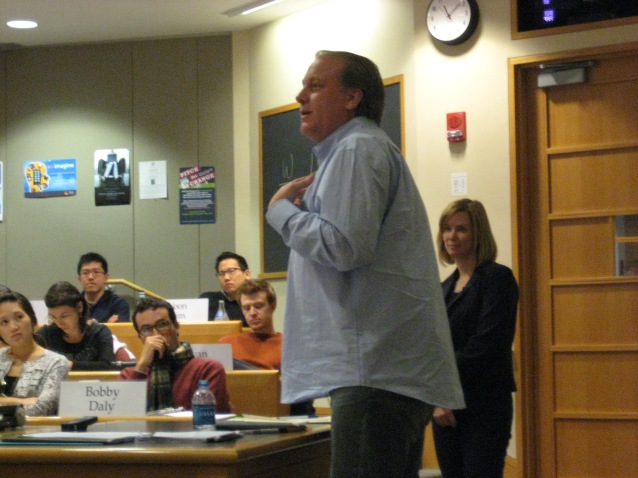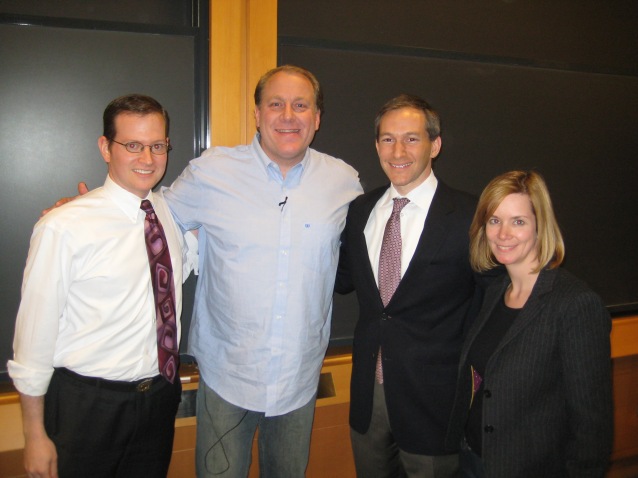I'll never forget my first marketing class at business school. Our professor peered at us with an intense glare as he pushed back on our standard, "chip shot" comments. At one point in the class he asked the guy next to me to opine on the case we were discussing, which involved launching a new consumer product. "Well," my neighbor answered confidently, "I think it will be a hit because I can see my mother-in-law buying it."
"I see," replied my professor dryly and then turned to the class with a withering look on his face, "Steve appears to have fallen into that fatal trap of 'Mother In Law Market Research' – believing this new product will be a hit just because his mother-in-law likes it. Instead, let's look at the data, shall we?"
This put down to allowing personal experience influence your assessment of new products and services came back to me this week while at my board meeting for our mobile video portfolio company, Transpera. As we discussed poor video delivery quality and AT&T's clogged network, eveyone started devolving into their own anecdote of "what happened when I tried to watch a recent video on my iPhone".
Yet, although I know it frustrates entrepreneurs, I confess to being sympathetic to investors who use their own experience as a guide to their investment activities. Frankly, I think it is a critical part of my job as an investor to try out new products and services and those experiences certainly do inform my investment judgment.
Many VCs I talk to feel the same way. Brad Feld wrote a great article in this month's Entrepreneur Magazine urging entrepreneurs to let him play with their products rather than present them to him. Jack Dorsey, the founder of Twitter, recently told me that the reason he chose to work with Fred Wilson, rather than a host of interested Silicon Valley VCs, is that Fred was a Twitter power user from the beginning. When Fred first met the Twitter team, Jack said he was full of new ideas of where to take the product and the power of the model.
The desire to experience new products and services and technologies is why I own a Blackberry, an iPhone, a Kindle, a Sonos, a Roku, and subscribe to a ridiculous number of online services, blogs and feeds. I also study how my pre-teen and teenage kids interact with games, devices, IM, Gmail, Google Buzz, to get insights into how younger users will experience the emerging connected world. I even throw things at my wife that are targeted at her demographic to get her outside perspective on them.
I do appreciate that entrepreneurs get frustrated when the VCs extrapolate too much from their personal experience, particularly when they're not the target market. I remember pitching Upromise to one well-heeled VC who asked, "is college really not affordable?" Um…on planet Earth it isn't. I guess if you live in the stratosphere…
Anyway, here's my simple advice to entrepreneurs: tell a story. As John Quincy Adams says in the movie The Amistad: "Whoever tells the best story wins." Make it real for the prospective investors. If they're not the target market, bring that target market user's pain and pressing need for your new whizbang product or service to life.
And don't be afraid to ask your mother-in-law for advice.
Follow me on twitter: www.twitter.com/bussgang


